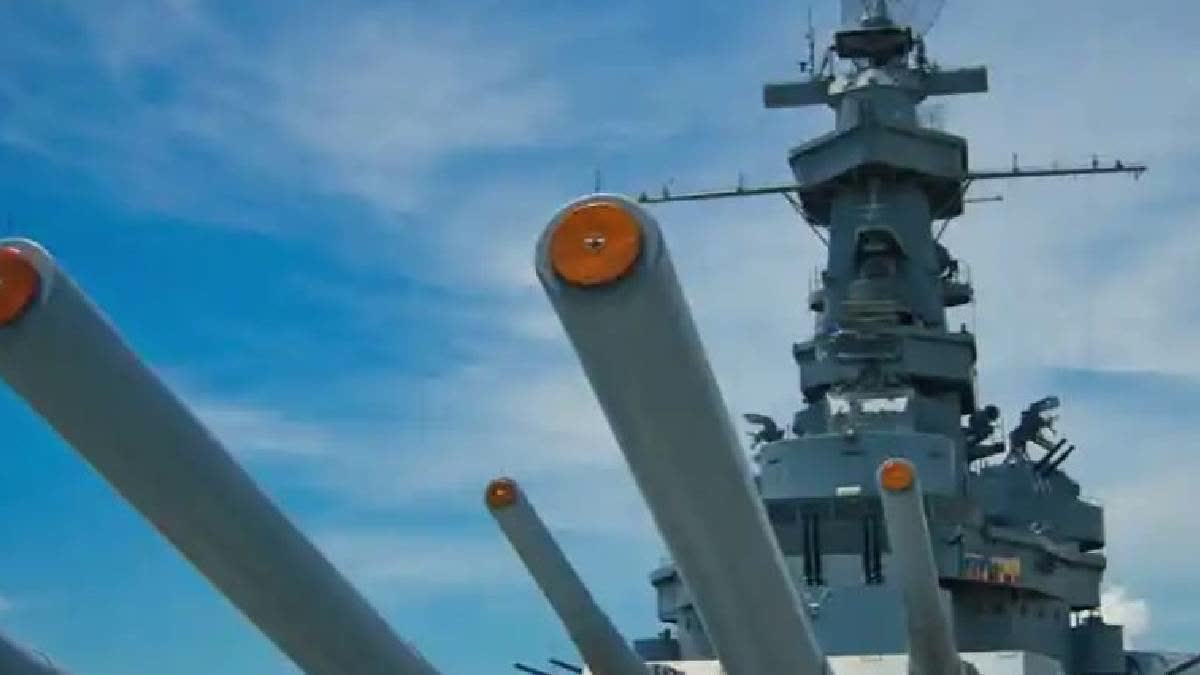New Delhi: In a diplomatic move, Greek Prime Minister Kyriakos Mitsotakis is all set to visit New Delhi to attend the Raisina Dialogue as the chief guest from February 21-23.
Over the years, India's Mediterranean reach has gained momentum and this visit is significant as Greece's Piraeus port is seen as a potential hub in the context of the India-Middle East- Europe Economic Corridor (IMEC) to enhance connectivity and trade.
The visit also comes against the backdrop of the sour relations between Turkey and Greece in the Mediterranean Sea and over the Cyprus issue. In a way, Greece needs global support, and nothing can be better than strengthening ties with India, the only country that is looked up to by several other nations in the region.
In a quick telephonic interview, when asked about the significance of Greek PM's visit especially in the context of the IMEC post-Israel-Palestine war, Ashok Sajjanhar, India's former ambassador, who has negotiated for India in the Uruguay Round of Multilateral Trade Negotiations for India-EU India-ASEAN and the India-Thailand Free Trade Agreement, said, “The visit of the Greek Prime Minister is not only important in the context of IMEC but also from the bilateral point of view as it may be recalled that Prime Minister Narendra Modi visited Greece very recently and that has taken the bilateral relationships to a much higher level. Secondly, there are problems between Greece and Turkey and as it is known, Turkey has been meddling in South Asian affairs. In the context of Turkey reaching out to Pakistan, raising the issue of Kashmir in the United Nations and its continuous dabbling into internal affairs and reaching out to other countries like Bangladesh, it is very important for India to reach out to Greece to maintain our presence in that particular region”.
“Whether it is bilateral issues or enhancing connectivity through IMEC, this visit by the Greek PM is extremely important. It is also significant because of Greece's geographical location and not only it is a part of the EU but also has a presence as far as the Mediterranean is concerned”, added Sajjanhar.
Further, he noted that the IMEC is a 'game changer' as far as connectivity is concerned because most of the connectivity projects are initiated or controlled by China, especially the BRI.
“IMEC is the project in which India is recreating the old spice route. That is how the spice trade used to take place from India to the Arab world, Venice, and Europe and it was before the maritime route was discovered by Vasco Da Gama in 1498. IMEC is the recreation of historical linkages and all the countries be it Saudi Arabia, Jordan, Greece, Italy or Israel, are very keen as far as this route is concerned. In terms of geopolitics and geostrategic matters, IMEC has much greater potential than sending goods and cargo through the Red Sea and the Swiss Canal. It would be a multi-modal transport transit project that would satisfy the needs and requirements of all the countries on the route and help better supply chain functioning”, explained the ex-diplomat.
Prime Minister Narendra Mod's visit to Greece elevated the ties to strategic partnership and the relationship has seen progress in various areas from connectivity to maritime collaboration.
In recent years, the India-Greece defence partnership has seen tremendous growth. It is pertinent to note that the Indian Air Force's active participation in the INIOCHOS-23 multinational air exercise, hosted by the Hellenic Air Force, showcased the growing partnership in defence capabilities.
India and Greece share similar views when it comes to the issue of Kashmir and Cyprus. Greece has been backing India's permanent membership at the UN Security Council and has been reiterating its support for India on various global forums.
In response to ETV Bharat's question on Greece's role as the starting point for India's corridor to the Middle East and Europe, MEA spokesperson, Randhir Jaiswal on Thursday said, “We have engagement with several countries or large number of countries. All our international stakeholders are very important to us. All these bilateral relations are very important for us, including Greece. We have warm and friendly ties with them. We look forward”.
Sajjanhar further pointed out that in the last 9-10 years, India has been focusing on small countries and Greece is one of them. "India and Greece have a good bilateral relation and their presence in European Union further reinforces the ties”, he added.
According to sources, the focus of the visit of the Greece Prime Minister later this month is expected to be on deepening business ties.
The visiting minister will not only meet PM Modi, but the business delegation accompanying him will visit Delhi, Mumbai and Bengaluru. The objective of the business delegation is to strengthen relations between India and Greece in areas namely tourism, energy, medicines, and logistics.
Read more
- PM Modi says his Athens visit will add momentum to India-Greece friendship
- 'Foundation of our ties old and strong': PM Narendra Modi harps on India-Greece civilizational link, strategic relationship
- 'Important for India to develop a strategic partnership with Greece to step up pressure on Turkey,' says expert



